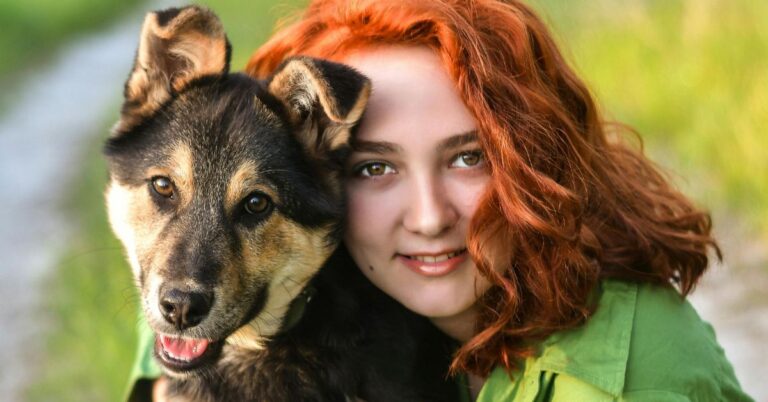15 Subtle Signs Your Dog Is No Longer Happy With You

We often talk about how loyal and forgiving dogs are—and that’s mostly true. But dogs are also deeply emotional beings, and when something shifts in their bond with their person, they show it. They just don’t use words. The warning signs of a strained relationship are often easy to miss, especially when they’re quiet or gradual.
They Avoid Eye Contact

Direct eye contact in dogs, when soft and relaxed, reflects trust and comfort. But if your dog begins to avert their gaze whenever you speak to them, try to pet them, or even just walk by, it can indicate discomfort or emotional distance. They may feel unsure of your intentions or simply not as connected to you as they once were. Repeatedly looking away is often a dog’s way of disengaging without confrontation.
They Stop Sleeping Near You

Dogs are pack animals by nature and usually sleep near those they trust. If your dog once slept beside your bed, on the couch with you, or in the same room and now chooses isolated spots far from you, it’s worth asking why. Emotional withdrawal, insecurity, or stress can all cause a dog to seek solitude instead of the warmth of companionship. It’s one of the quieter but more telling signs something in your bond has changed.
They Flinch When You Touch Them

A physical flinch or subtle recoil when you reach out to pet or handle your dog could indicate a loss of comfort. It’s not always about physical pain—sometimes it’s emotional. A dog who flinches around their owner may be feeling anxious, unsure, or remembering negative experiences. Especially if your dog previously enjoyed your affection, this shift is something to take seriously.
They Don’t Greet You With Enthusiasm

One of the joys of having a dog is the way they celebrate your return home. If that excitement fades, if your dog doesn’t get up, wag their tail, or come over to say hello, it can be a sign of emotional disconnection. They might be feelingoverlooked, under-stimulated, or just no longer excited about your presence due to past interactions that didn’t meet their emotional needs.
They Lick Themselves Excessively

Self-licking, especially on the paws or legs, is often a dog’s way of coping with stress or anxiety. If your dog starts licking more frequently and no medical issue is present, consider emotional causes. It may be their way of self-soothing in an environment that no longer feels safe, predictable, or emotionally nurturing, particularly if they associate that stress with you.
They Start Ignoring Commands

A dog who suddenly stops responding to familiar commands could be doing more than just testing boundaries. It might signal a loss of motivation to engage or please you, which often comes from a breakdown in trust or connection. When the relationship weakens, obedience becomes less about loyalty and more about obligation—which many dogs begin to reject.
They No Longer Seek Out Your Touch

Dogs that used to ask for belly rubs, lean against you, or nudge your hand for scratches and now don’t want to be touched might be emotionally withdrawing. This change in affection can signal discomfort, anxiety, or even resentment. They may still accept touch, but if they’re no longer initiating it, it reflects a decrease in emotional closeness.
They Seem Tense Around You

Body language is everything in dog communication. If your dog tenses up when you enter the room, speak, or approach, they’re not relaxed around you. Watch for signs like a tucked tail, stiff posture, or ears held back. These physical cues mean your dog may associate your presence with stress or unpredictability—a dangerous foundation for a relationship that should be built on trust.
They Stop Playing With You

If your dog suddenly shows no interest in playing with you—but still plays alone or with others—it might be a sign they’re emotionally distancing themselves. Play is how dogs bond and communicate joy. Losing interest in shared fun can mean your dog no longer associates you with positive energy or feels unsure about engaging on that level anymore.
They Bark or Whine More Than Usual
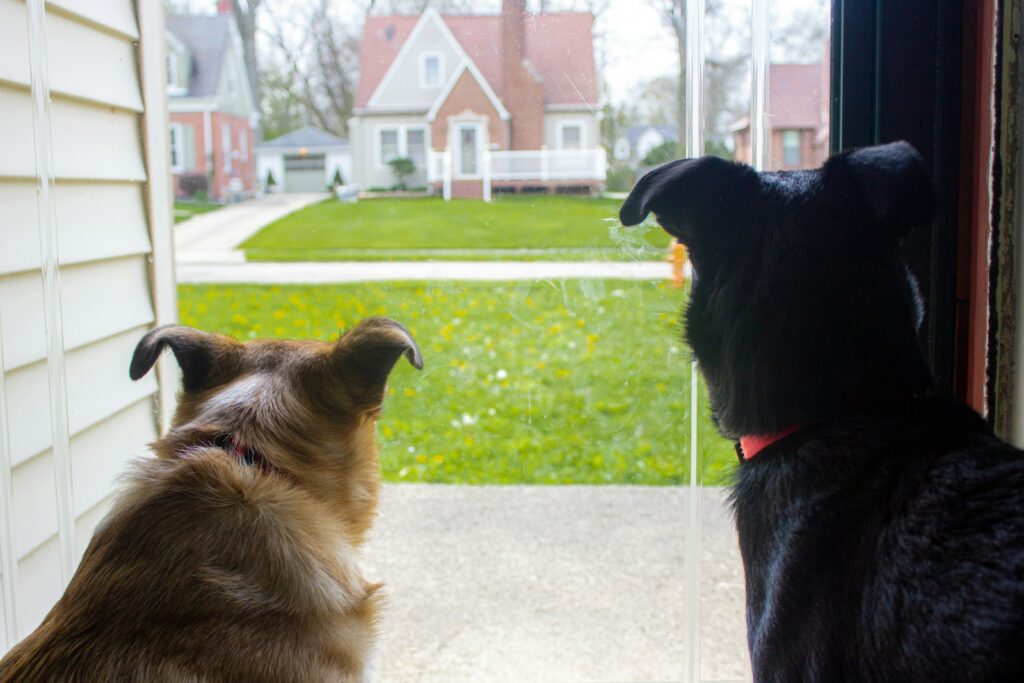
A spike in barking, whining, or howling around you—especially if it seems directed toward you—can indicate frustration or emotional unrest. This is your dog’s way of expressing unmet needs, whether for affection, space, or reassurance. It’s important not to dismiss vocal cues as “annoying behavior” when they might be emotional cries for help.
They Act Differently Around Other People

If your dog is visibly more relaxed, playful, or affectionate with other people but remains distant or hesitant around you, that contrast can be painful to witness—and it means something. Dogs are emotionally responsive, and this behavior suggests they feel safer or more emotionally satisfied in others’ company. It’s often a sign that your connection needs repair.
They Stop Following You Around

Many dogs trail their owners throughout the day just to stay connected. If your loyal companion suddenly stays put or doesn’t care to follow you anymore, it might reflect emotional disinterest or a sense of detachment. Dogs who no longer feel a close bond tend to become more independent—not by nature, but out of emotional necessity.
They Avoid Being Alone With You
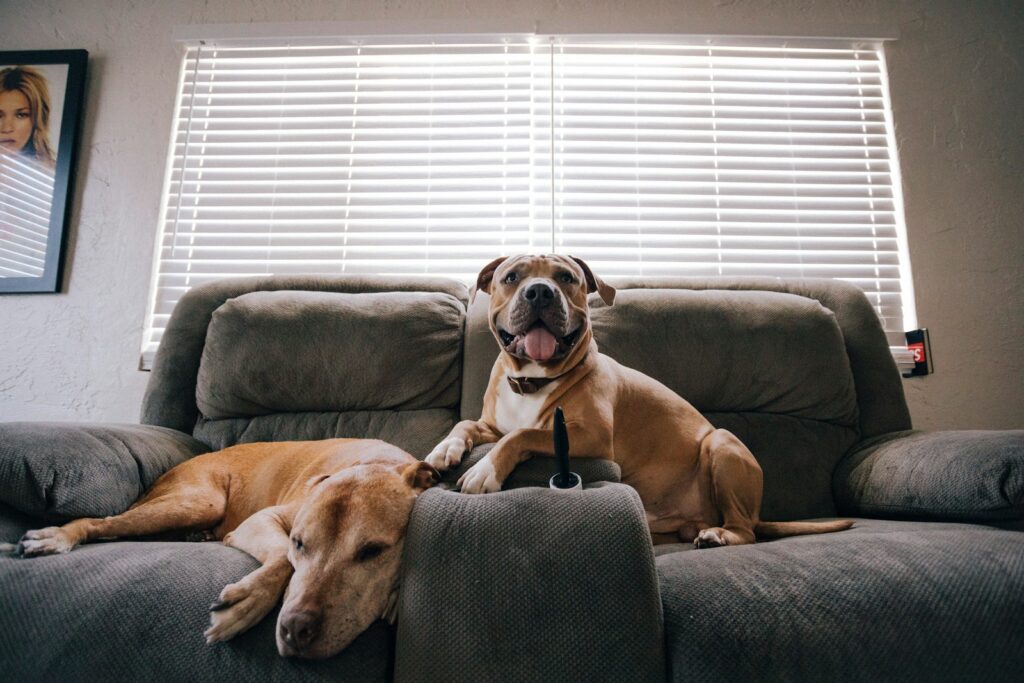
When your dog is fine in a group but avoids one-on-one time with you—leaving the room, hiding, or showing signs of nervousness—it could be a symptom of a broken bond. They may associate you with previous scolding, unpredictable behavior, or even just emotional neglect. That avoidance is their quiet way of saying they don’t feel safe in your company.
They Display Destructive Behaviors When You’re Around
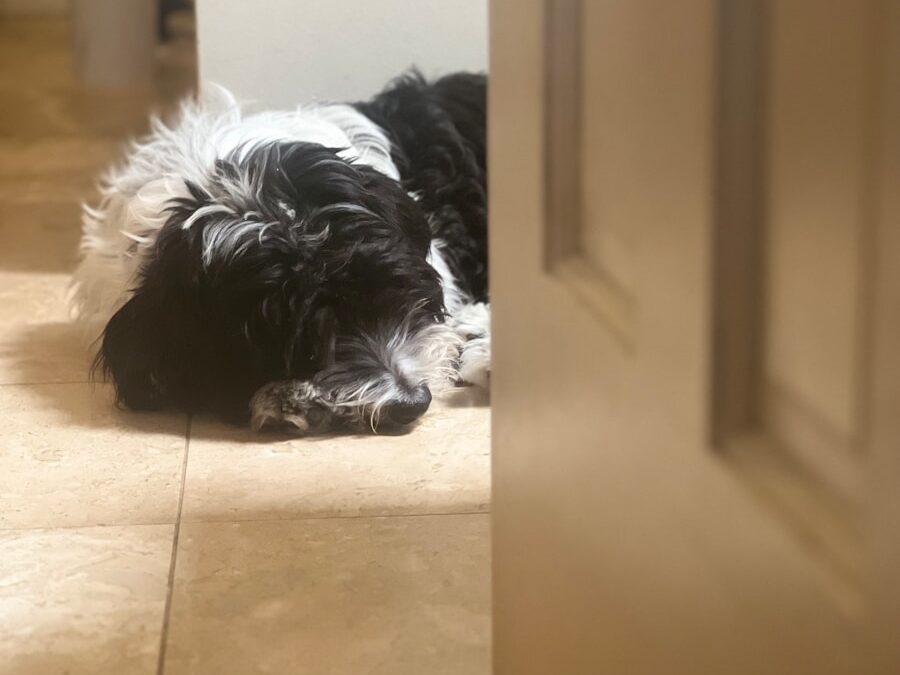
Chewing furniture, scratching doors, or ripping pillows when you’re home may reflect more than boredom. If these behaviors increase around you specifically, your dog may be venting frustration, anxiety, or resentment. Destruction is often a dog’s way of releasing pent-up emotions when they can’t communicate directly.
You Just Feel the Distance
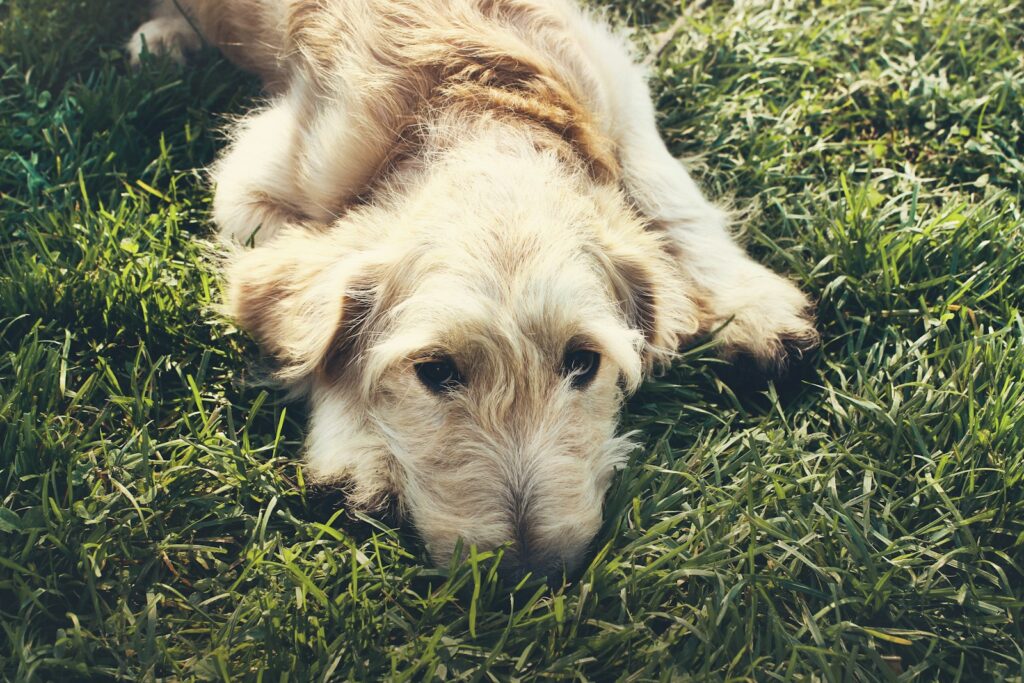
Sometimes, the most powerful signal isn’t something you can measure—it’s something you feel. If you sense your dog has become emotionally distant, you’re probably right. Dogs and humans build deep bonds, and when that bond weakens,both sides can feel it. Don’t ignore that instinct. It’s your sign to reconnect, rebuild trust, and be more present.

